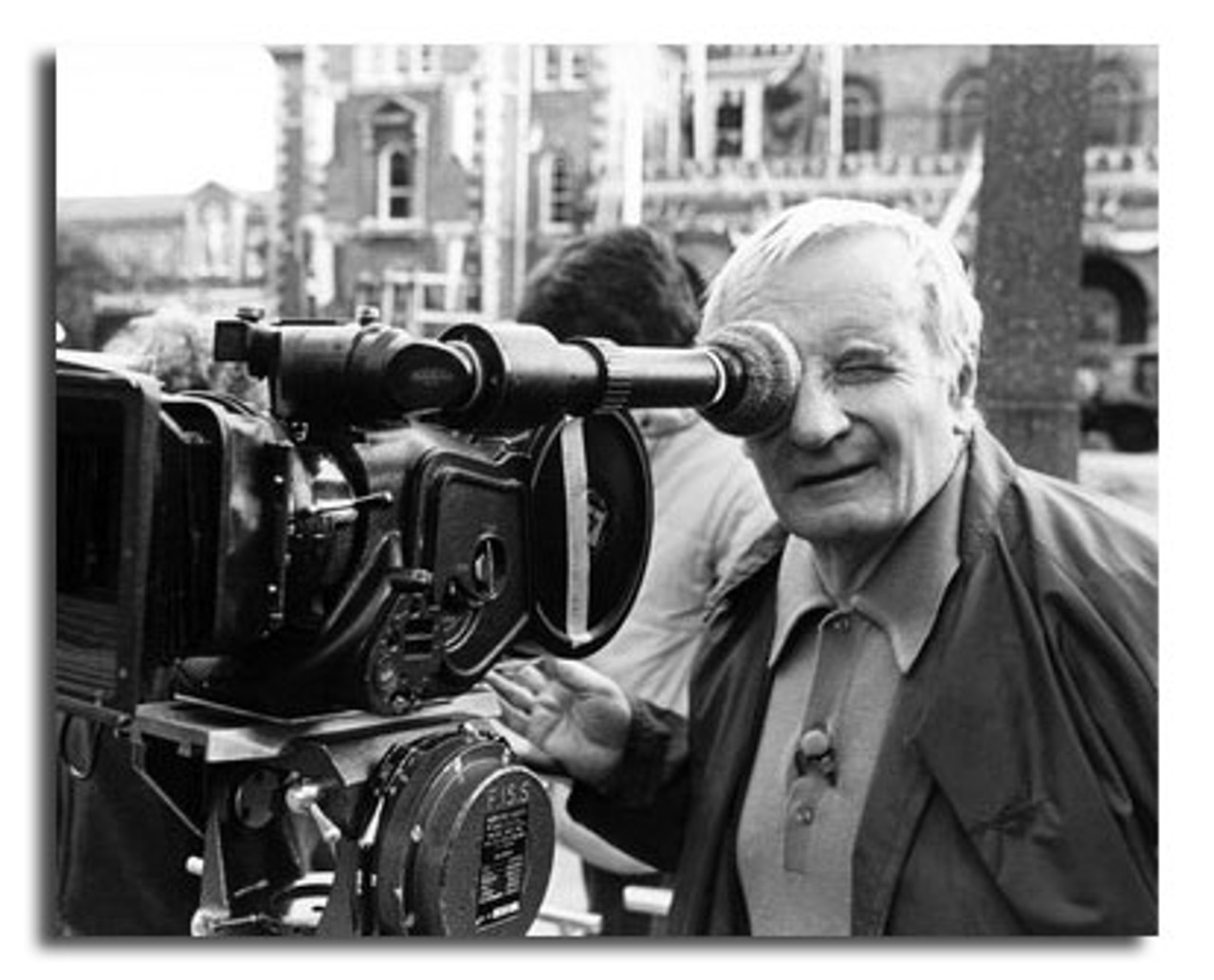He made Oscar-winning documentaries: Who is Lindsay Anderson?
His contribution to cinema is his writings that direct the British "Free Cinema" movement rather than his directing. It especially influenced short and documentary film directors.

Short life story:
He was born in 1923 in Bangalore, India, where his father was an army officer. He received a traditional upper-middle-class education, attending middle and high school in private school, then going to Oxford. He started directing in 1948. He was one of the pioneers of Özgür Cinema, an independent documentary film movement of the 1950s. His short documentary Thursday's Children (1953) won an Oscar in 1955. He began directing plays for the Royal Court Theatre, and during the British New Wave years, his activities were limited to the theatre. In This Sporting Life (1963), his first feature-length feature film, social concerns were dominant. In If.. (1968) he attacked the education system through which he went. With Ah Lucky Man, his scathing criticism expanded to encompass the whole of contemporary Western society. As a result of his outspokenness and refusal to compromise, he was unable to make many films, but his work remained in line with artistic principles, which he had no qualms about emphasizing. He died in 1994.
Details from his life
British director, documentary filmmaker, and film critic. He is known for his writings directing the "Free Cinema" movement. He was born in Bangalore, India. His father was an officer in the British army. After completing his secondary education at Cheltenham and Oxford, he entered the army; He participated in World War II. After the end of the war, he founded and directed the cinema magazine Sequence in 1947. When the magazine was closed in 1951, he continued his belligerent writings on cinema in the magazines and newspapers Sight and Sound, The Times, The Observer, and New Statesman. As a writer and documentary filmmaker, he pioneered the "Free Cinema" movement of the 1950s. He made films to realize his thoughts on cinema.
Anderson began his work in cinema as a writer and director of Sequence magazine. The magazine was trying to shape the intellectual structure of radical opposition to the conventional attitudes of traditional British filmmaking. Again in those years, he started to shoot documentary films with the support of various industrial institutions. His 1953 film Thursday's Children, which deals with the educational problems of deaf and dumb children, earned the director the 1955 Oscar Award, but could not reach the audience properly due to limited distribution. Anderson, who also shot commercials and TV series for a while, shot his first themed film, This Sporting Life, in 1963. This film, which portrays an athlete's relationship with an elderly widow, won critical acclaim.
Anderson, whose contribution to the cinema appears in his writings that direct the British "Free Cinema" movement rather than his directing, especially impressed short and documentary film directors. His determination in his thoughts and his constant refusal to compromise with powerful producers prevented him from making a place for himself in commercial cinema.
---------------------------
What Is Free Cinema? Essential Guide To The Film Movement
https://filmlifestyle.com/what-is-free-cinema/
